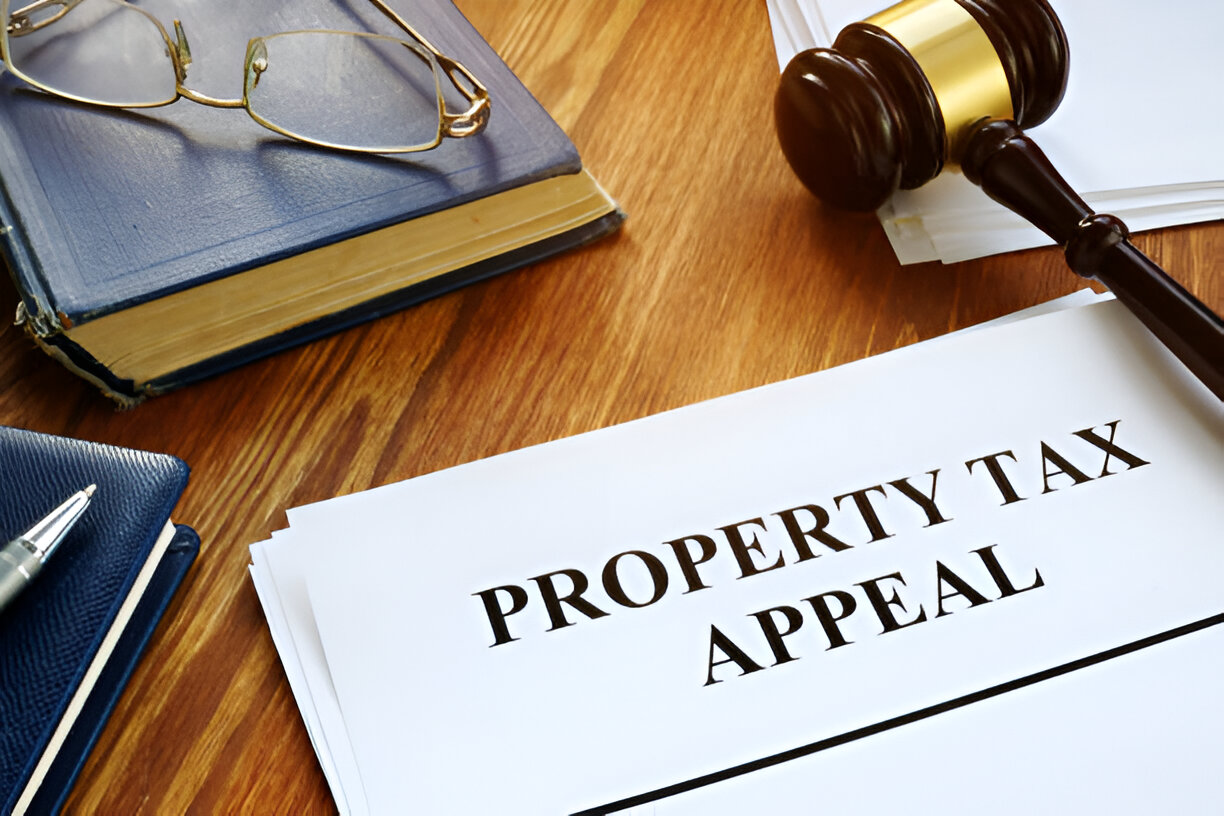1. Review and Challenge Your Property Assessment

One of the most direct ways to potentially reduce your property tax bill is to ensure that your property is assessed accurately. If you believe your property’s assessed value is too high, you can challenge it through the following steps:
- Review Your Assessment: Obtain a copy of your property’s assessment and compare it to recent sales of similar properties in your area. Look for discrepancies or overvaluations.
- Gather Evidence: Collect evidence that supports a lower valuation, such as recent sales data, property appraisals, or documentation of any property issues that may affect value.
- File an Appeal: Submit an appeal to your local tax assessor’s office or board of review. Follow the procedures for filing an appeal and provide your evidence to support your case.
2. Take Advantage of Property Tax Exemptions

Various property tax exemptions are available that can reduce your tax burden. These exemptions vary by location and may include:
- Homestead Exemption: Provides a reduction in property taxes for primary residences. Eligibility requirements vary, but it often applies to homeowners who use the property as their primary residence.
- Senior Citizen Exemption: Offers tax reductions for senior citizens, often based on age and income criteria.
- Disabled Veteran Exemption: Provides property tax relief for disabled veterans or their surviving spouses.
- Energy Efficiency Exemptions: Some jurisdictions offer exemptions or credits for properties that have made energy-efficient upgrades.
To take advantage of these exemptions, check your local government’s website or contact the tax assessor’s office for information on eligibility and application procedures.
3. Consider Property Tax Abatement Programs

Property tax abatement programs are designed to encourage development or improvement in certain areas. These programs can offer temporary reductions or freezes on property taxes in exchange for investments in the property or contributions to local development goals.
- Economic Development Abatement: Offers tax incentives for businesses that invest in certain areas or create new jobs.
- Historic Preservation Abatement: Provides tax benefits for restoring or maintaining historic properties.
Research available abatement programs in your area and determine if your property or planned improvements qualify.
4. Maintain Accurate Property Records
Accurate property records can prevent unnecessary tax increases and ensure that you’re paying the correct amount. Keep detailed records of property improvements, repairs, and maintenance. This documentation can be useful when challenging an assessment or applying for exemptions.
- Document Improvements: Keep records of all improvements made to the property, including renovations and additions. This helps ensure that the property’s assessed value is accurate and reflects current conditions.
- Track Maintenance: Record ongoing maintenance and repairs. If you can demonstrate that certain issues affect the property’s value, it can support your case in an appeal.
5. Appeal to Your Local Tax Board
If you disagree with the outcome of your initial appeal, you may have the option to escalate your case to a local tax board or court. This process often involves:
- Preparing a Case: Gather additional evidence and prepare a comprehensive argument to present to the board or court.
- Seeking Professional Help: Consider consulting a property tax attorney or professional appraiser for expert advice and representation.
6. Monitor Tax Rate Changes
Tax rates can fluctuate based on changes in local government budgets and funding needs. Stay informed about any changes in local tax rates and how they might impact your property tax bill.
- Review Tax Notices: Keep an eye on annual tax notices and updates from local government agencies.
- Attend Local Meetings: Participate in local government meetings or budget hearings to stay informed about potential changes to tax rates and funding allocations.
7. Consider Property Tax Payment Options
Explore different payment options and plans that might offer financial flexibility or potential savings:
- Payment Plans: Some jurisdictions offer payment plans that allow you to spread your property tax payments over the year, which can ease financial strain.
- Prepay Taxes: In some cases, prepaying your property taxes may offer savings or benefits, particularly if you can take advantage of potential deductions or credits.
8. Consult with a Property Tax Professional

Navigating property tax regulations and appeals can be complex. If you’re unsure about the process or need assistance, consider consulting with a property tax professional:
- Property Tax Consultants: Professionals who specialize in property tax assessments and appeals can provide valuable guidance and representation.
- Tax Attorneys: For more complex issues or legal disputes, a tax attorney can offer expert advice and handle negotiations or litigation.
Managing and minimizing property tax burdens requires a proactive approach and an understanding of the various strategies available. By reviewing your property assessment, taking advantage of exemptions and abatements, maintaining accurate records, and staying informed about tax rate changes, you can potentially reduce your property tax liabilities.
Whether you’re a homeowner, real estate investor, or business owner, implementing these strategies can help you effectively manage your property tax expenses and ensure that you’re paying a fair amount based on the true value of your property. As with any financial matter, seeking professional advice and staying informed about local regulations can further enhance your ability to minimize property tax burdens











